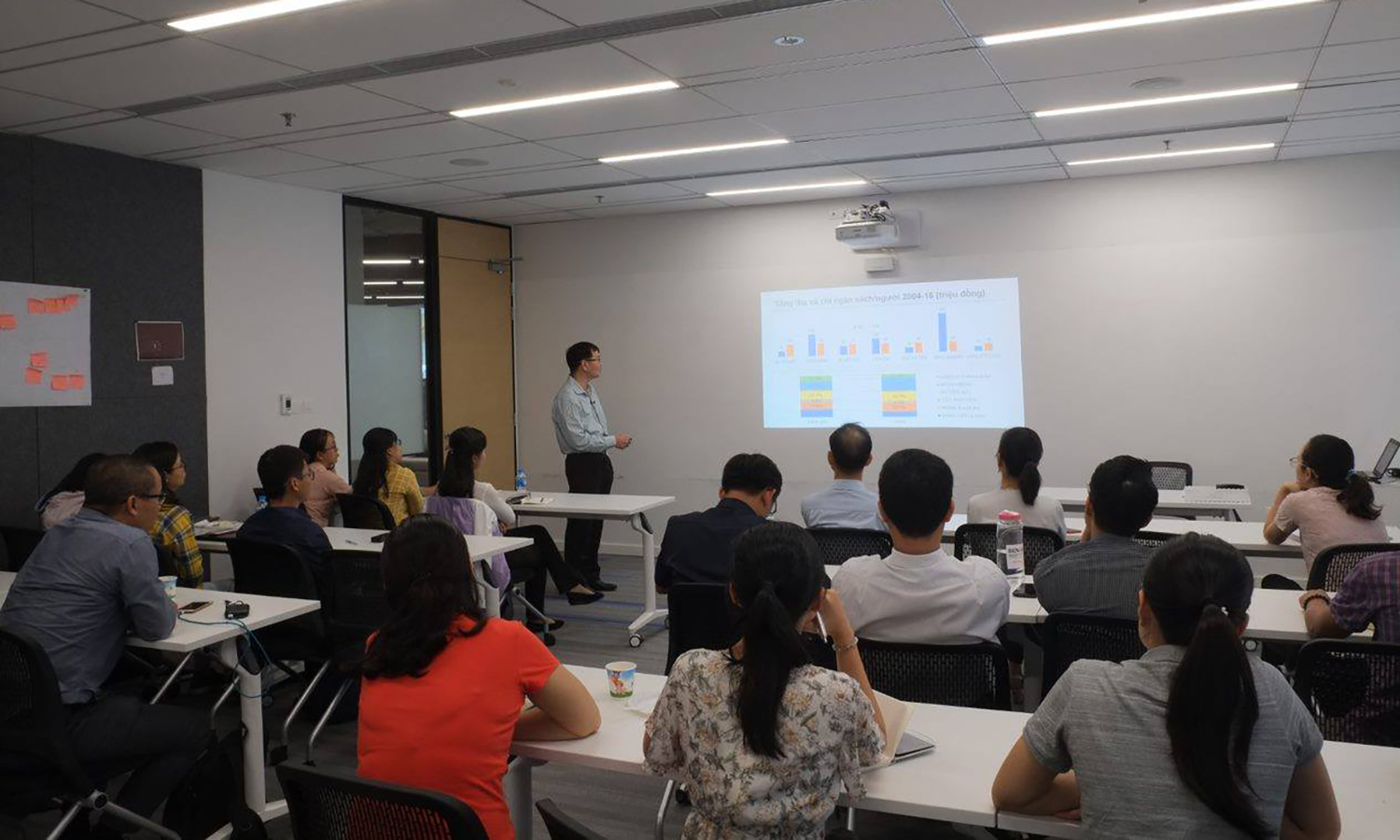
Ngân sách nhà nước được phân bổ cho các địa phương như thế nào? Tỉ lệ phân bổ ngân sách ảnh hưởng thế nào đến sự phát triển của địa phương? Đây là một số câu hỏi được TS. Huỳnh Thế Du, Giảng viên Trường Chính sách công và Quản lý Fulbright giải đáp trong seminar “Một số Khía cạnh Kinh tế Chính trị học trong Phân bổ và Chuyển giao Ngân sách ở Việt Nam”.
Theo TS. Du, phân bổ ngân sách cần phải đảm bảo hài hòa giữa hiệu quả và công bằng. Công bằng được chia thành 2 loại là công bằng ngang (những địa phương có tình trạng như nhau nên được phân bổ ngân sách giống nhau) và công bằng dọc (những địa phương bất lợi hơn nên được ưu tiên hơn và những nơi có tiềm năng tăng trưởng cao nên được ưu tiên nguồn lực).

Theo nguyên tắc này, hai khu vực nên được ưu tiên là Đồng bằng Sông Cửu Long (khu vực có tỉ lệ tăng trưởng thấp nhất) và Đông Nam Bộ (khu vực tăng trưởng nhanh nhất). Trên thực tế, các địa phương có tỉ lệ phân chia ngân sách cao không nằm trong hai nhóm này.
Từ kết quả phân tích số liệu, TS. Du đi đến kết luận các tiêu chí về hiệu quả và công bằng được quan tâm nhưng các yếu tố về kinh tế chính trị học cũng có tác động.
Từ đó, một số gợi ý là nên có tiêu chí phân bổ ngân sách rõ ràng, nên quan tâm hơn nữa đến các địa phương hay vùng đang được ngân sách thấp hơn đáng kể. Mặt khác, phải xác định rõ đô thị hóa gắn với công nghiệp hóa là chìa khóa và dành nguồn lực một cách hợp lý cho các đô thị trung tâm.









